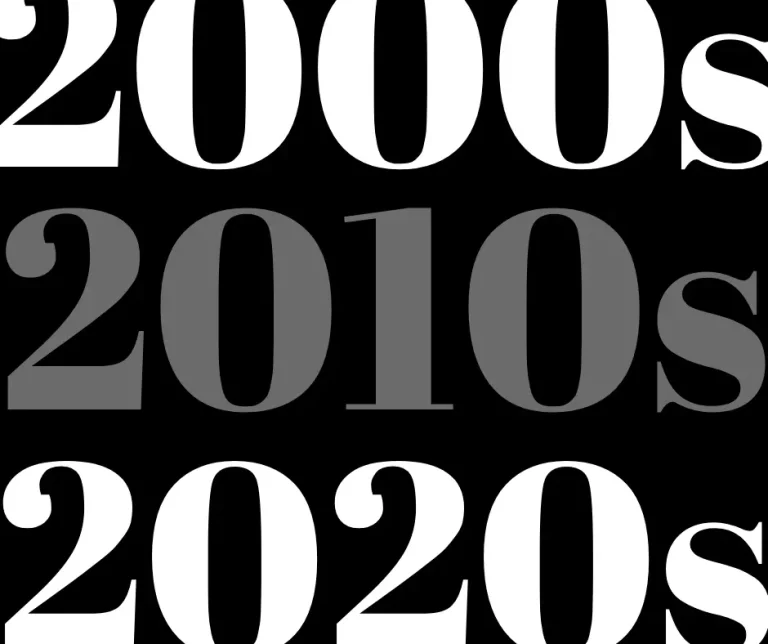California is the state of the American Union that has the highest minimum wage in the entire country, even exceeding the federal minimum wage by twice as much.
Earlier this year, an increase in the state minimum wage went into effect to $15 per hour for businesses with more than 26 employees and $14 for those with 25 or fewer employees.
Now, six months after that increase, some cities and counties in the Golden State have decreed even higher wages.
What Is Minimum Wage in California?
Aides to California Governor Gavin Newsom announced Thursday that the state’s minimum wage for all employers will rise to $15.50 an hour in January. This is the first time that rising inflation has made a state statute governing automatic compensation increases, which is six years old, take effect.
The statement was made a day before Newsom was scheduled to present a new spending plan for the state that is based on an updated economic outlook and will provide cash refunds and rental help to low-income Californians.
The salary rise, according to Keely Martin Bosler, the governor’s budget director, will aid low-income families who are suffering from quickly rising prices for a variety of goods.
The state minimum wage is now $15 per hour for large employers and $14 per hour for businesses with fewer than 26 employees.
The final presumably intended action under a 2016 state statute that gradually increased salaries, on average, by $1 an hour, was the increase in both pay levels. More time was provided to small enterprises to increase wages.
According to Bosler, all companies, regardless of size, will be compelled to increase salaries because the state anticipates that the consumer price index will have increased 7.6% over the course of the two years ending in July. According to the 2016 wage bill that Jerry Brown, the governor at the time, approved, the minimum wage must raise whenever inflation rises beyond 7%.
Beyond this summer, according to Bosler, “there may be another surge of another 50 cents in future years” if high inflation persists.
Federal records show that the current minimum wage in California for major businesses is $15 per hour, making it the highest in the nation. Currently, two states have higher pay requirements for small firms, but after the adjustment announced on Thursday, California is set to top the list for all job sectors. There are already plans for greater salary norms in some localities across the state. In July, the minimum wage in Los Angeles increased to $16.04 per hour.
After liberal activists derided a ballot initiative calling for an immediate raise to $15 an hour, state lawmakers came to an agreement on the 2016 law. The group decided to give up on its campaign in support of Brown’s law.
Following a possible second attempt to put the wages of low-wage workers on the ballot, Thursday’s declaration was made. A petition to put a measure on the November ballot to raise the state’s minimum wage to $18 an hour over the next three years was submitted by activists hours before state authorities were scheduled to disclose their updated estimate of inflation.
According to Joe Sanberg, the Los Angeles investor who is putting the new ballot initiative forward, “Adding 50 cents to the present minimum wage is not enough for working people to afford their monthly costs.” In order for employees and their families to be able to afford food and a place to live without having to take on second and third jobs, we need a living wage of $18 per hour to keep up with inflation.
The Newsom administration’s provision, which includes its $400 refund plan for auto owners as well as extending rental assistance and aid for past-due utility bills, was announced as part of a $18 billion package to lower inflation for Californians.






